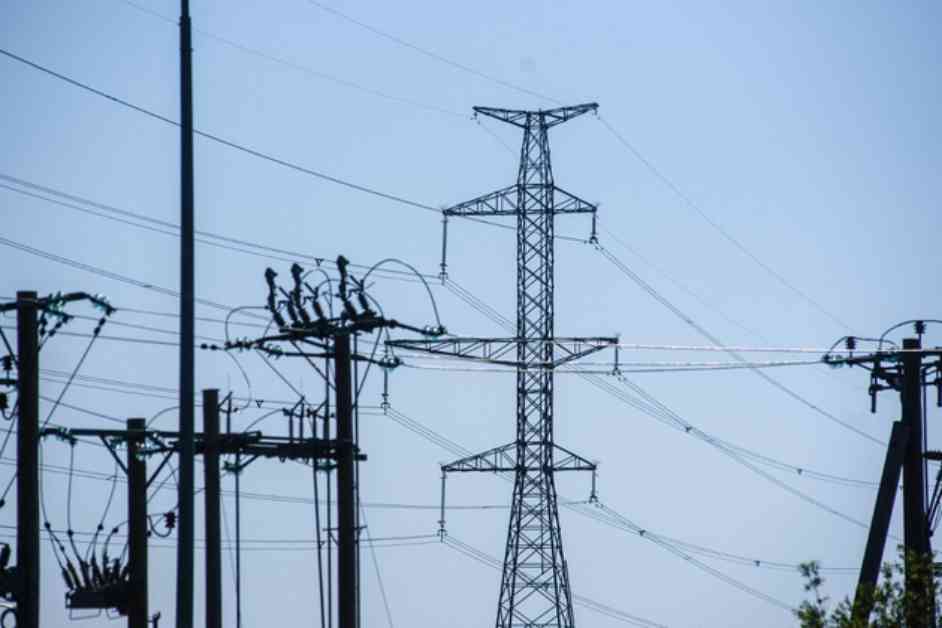Baltic Nations Join European Power Grid for Synchronization
In a significant move motivated by security concerns, the Baltic states of Estonia, Latvia, and Lithuania will connect to the European Union’s power grid on Sunday, severing decades-old ties with Russia’s network. This transition, driven by fears stemming from Russia’s invasion of Ukraine in 2022, marks a historic shift for the former Soviet states, now proud members of the EU and NATO.
Security Concerns and Geopolitical Context
The war in Ukraine, which fueled apprehension among the Baltic nations about potential Russian aggression, served as a catalyst for this monumental decision. The invasion raised alarm bells in the Baltic region, prompting a reevaluation of energy dependencies to safeguard against potential threats. European Union Energy Commissioner Dan Jorgensen emphasized the importance of this shift for security, highlighting that no European country should be reliant on Russia for any vital resources.
Gridding for Greater Independence
After operating as energy islands, cut off from the Moscow-controlled network, the Baltic states have meticulously prepared to integrate with the European grid. The synchronization process, which involved rigorous testing of frequency levels to ensure stability, culminates with their integration via Poland into the continental European grid. This step signifies a significant milestone in their quest for energy independence and security, aligning them with the EU’s broader strategic objectives.
As Lithuania’s state-run grid operator, Litgrid, confirmed the successful testing of frequency levels, paving the way for the Baltic states’ integration, the region braced for a new era of energy autonomy. The project, which received substantial investments totaling 1.6 billion euros, primarily from EU funds, underscores the collaborative effort to fortify the region’s energy infrastructure.
Symbolizing the disconnect from their Soviet past, Lithuanian engineer Aras Valiukas described the grid switch as a monumental moment with profound symbolic significance. Celebrations erupted across the Baltic states, with residents expressing relief and joy at the newfound energy independence. The switch to the European grid, long-awaited but expedited by recent geopolitical events, marked a turning point in the region’s energy landscape, fostering a sense of security and control.
Latvia’s symbolic act of physically cutting a power line to Russia, accompanied by poignant sentiments from Energy Minister Kaspars Melnis, encapsulated the collective sentiment of newfound empowerment and autonomy. The successful disconnection from the Russian grid, facilitated by seamless cooperation and meticulous planning, underscored the region’s resilience and readiness to navigate challenges in an increasingly complex geopolitical environment.
In the wake of this momentous transition, the Baltic states stand poised to embrace a future defined by energy security, strategic autonomy, and strengthened ties with their European partners. As they officially join the European power grid, the Baltic nations affirm their commitment to safeguarding their energy sovereignty and charting a path towards a more sustainable, secure future.

















